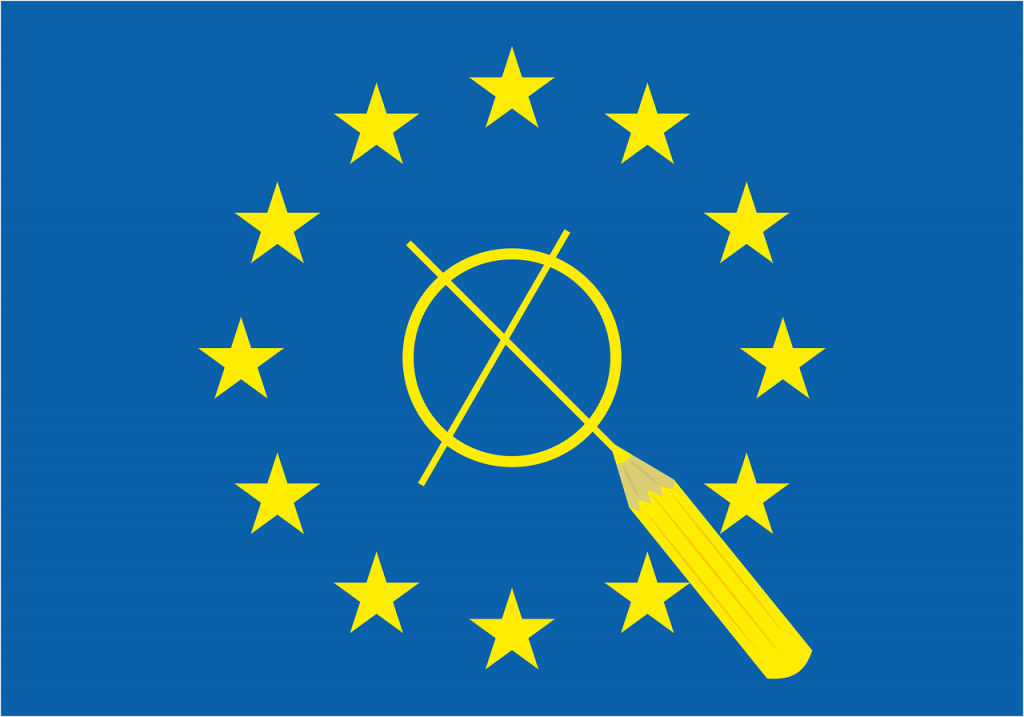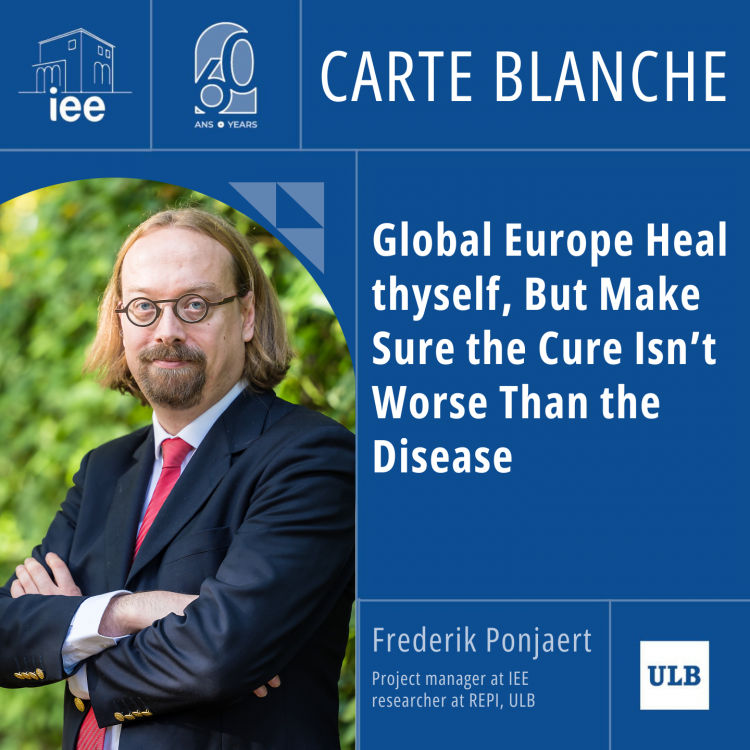 Antoine Vauchez has been a CNRS Research Professor in political sociology and law at the National Center for Scientific Research at the University Paris 1-Sorbonne in France since 2010. He holds degrees from Sciences Po-Paris (1993) and the University Paris1-Sorbonne (Master in Public Law 1994; Master in Comparative Politics 1995) and obtained his PhD at the European University Institute in Florence (2000). This academic year 2020-2021, the Institute for European Studies at the ULB welcomes Professor Antoine Vauchez in the framework of the ULB International Chair.
Antoine Vauchez has been a CNRS Research Professor in political sociology and law at the National Center for Scientific Research at the University Paris 1-Sorbonne in France since 2010. He holds degrees from Sciences Po-Paris (1993) and the University Paris1-Sorbonne (Master in Public Law 1994; Master in Comparative Politics 1995) and obtained his PhD at the European University Institute in Florence (2000). This academic year 2020-2021, the Institute for European Studies at the ULB welcomes Professor Antoine Vauchez in the framework of the ULB International Chair.
His areas of interest include the politics of independence, the field of Eurozone governance, and law firms, bureaucratic elites and the Neoliberalization of Western States. His research engages in historical sociology, political sociology and critical sociology of law, researching extensively the interactions between forms of expertise, transnational knowledge communities and transnational politics with a particular emphasis on law and on the European Union.
Abstract
As the citizens of the European Union voted in 2019 for the 9th time to elect their Parliament, the article questions the “effects” of this vote on a polity, the European Union; which was invented without it, or even against it. Short of Richter scale that would allow us to track the telluric effects of the electoral consultations, a treasure hunt is launched here within the field of European power to track what the European vote does to the Union. Going through the different sites of EU decision-making, I identify the triggers and the deadlocks that shape the impact of the vote, revealing the singular features of an EU field of power which representative politics remains in the role of a junior partner.
This article was published by the series CEVIPOL Working papers, edited by professor Amandine Crespy.
To download the full text, please click here :




